UK - Warmer winters endangering blackcurrants
11.01.2019 445 views
ScaleAgData Stakeholder Engagement Event
22.10.2024The ScaleAgData project is pleased to invite you to our second stakeholder event. Building on the discussions and connections formed during our first webinar, this event will focus on fostering collaboration among stakeholders, providing updates on our project’s progress, and outlining future opportunities for engagement.
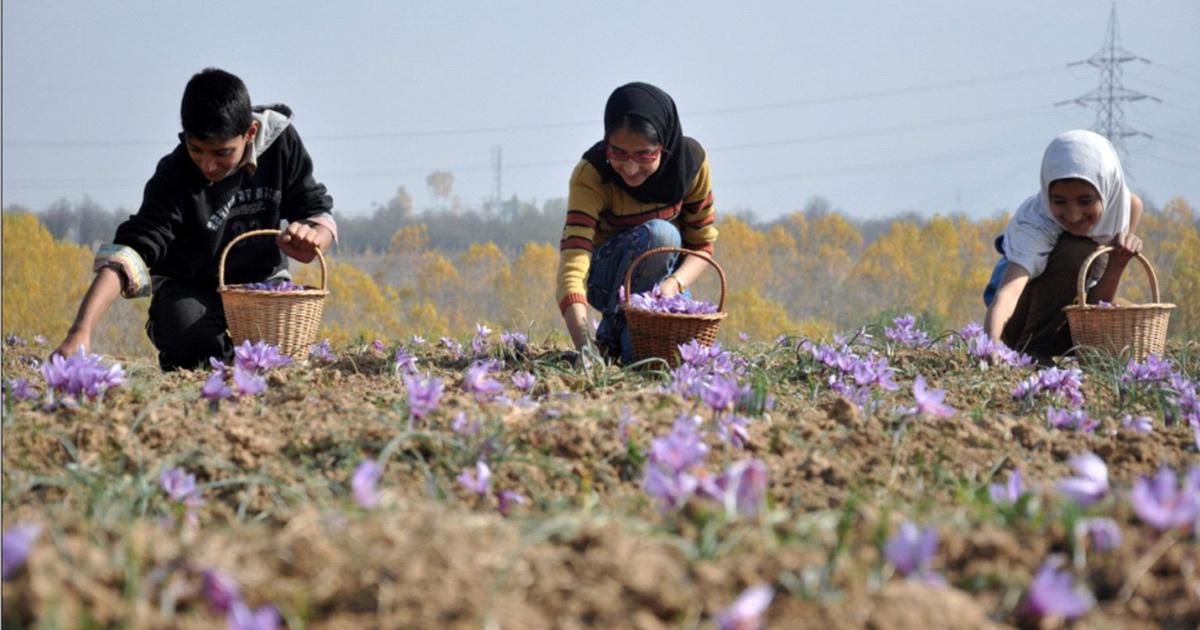
India - Govt identifies L1 insurers for Restructured Weather Crop Insurance Scheme in J&K
Under the scheme, apple and saffron crops in Kashmir division and mango, litchi and saffron (Kishtwar only) in Jammu division will be covered under a weather-indexed model.

India - Satellite images used to detect ₹217 crore irregularity in crop insurance claims
The probe, conducted in the second week of February, was prompted by an unusual surge in insurance applications for banana crops.
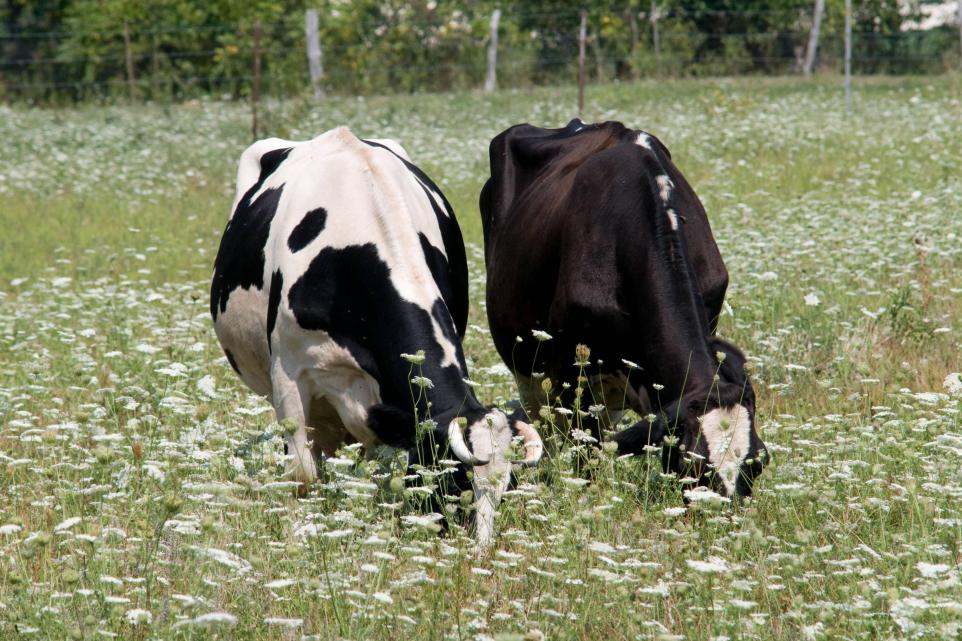
Cyprus placed under strict quarantine as foot-and-mouth spreads
Cyprus has been placed under strict nationwide quarantine after cases of foot-and-mouth disease were confirmed in Livadia and Voroklini, with authorities warning the situation is now “extremely critical”.
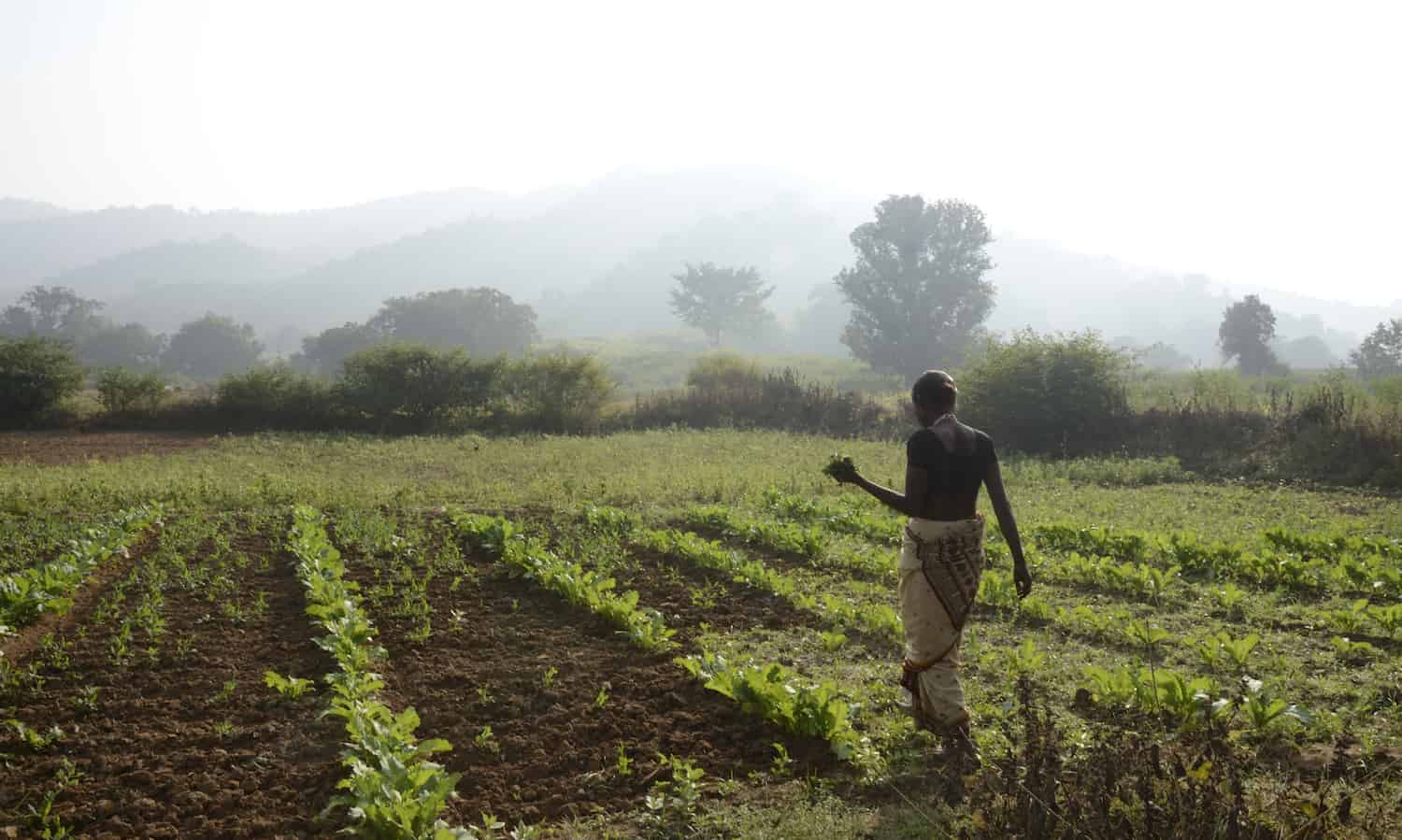
India - CM Yogi Adityanath Distributes ₹285 Crore Compensation To 2.51 Lakh Farmers Under Crop Insurance And Welfare Schemes
Yogi Adityanath distributed ₹285 crore in compensation to 2.51 lakh farmers in Lucknow under crop insurance and farmer welfare schemes.
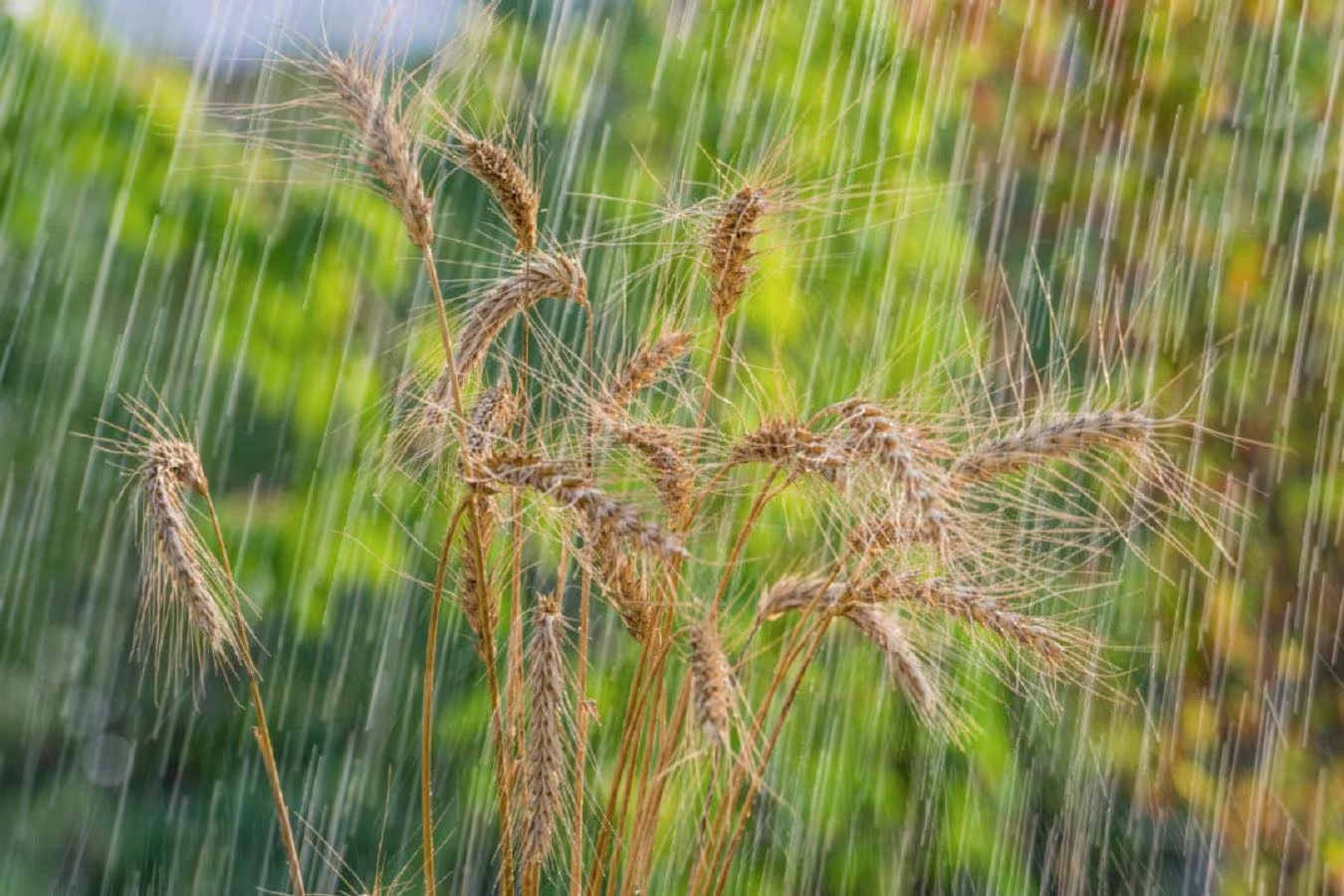
India - Unseasonal rain worries farmers in Bharuch:Farmers fear of potential damage to cotton and 'toor dal'
The unseasonal rain has brought in fear in the faces of farmers of Bharuch city and surrounding areas. Due to this sudden rain and the change in atmosphere, water has accumulated on the fields and road in rural areas. The drizzle has created a seasonal atmosphere.

Egyptian Prime Minister Ramps Up Efforts to Protect Agricultural Land Amid Food Security Concerns
During the inaugural meeting of the newly formed Board of Governors on Saturday, 21 February, Madbouly emphasized that the preservation of every acre of farmland is no longer just an administrative choice but a vital national obligation.

USA - Florida suspends farm inspections after freeze and drought losses
Florida Agriculture Commissioner Wilton Simpson has issued an emergency order suspending certain regulatory requirements for agricultural producers following severe winter weather, drought conditions, and elevated wildfire risk.
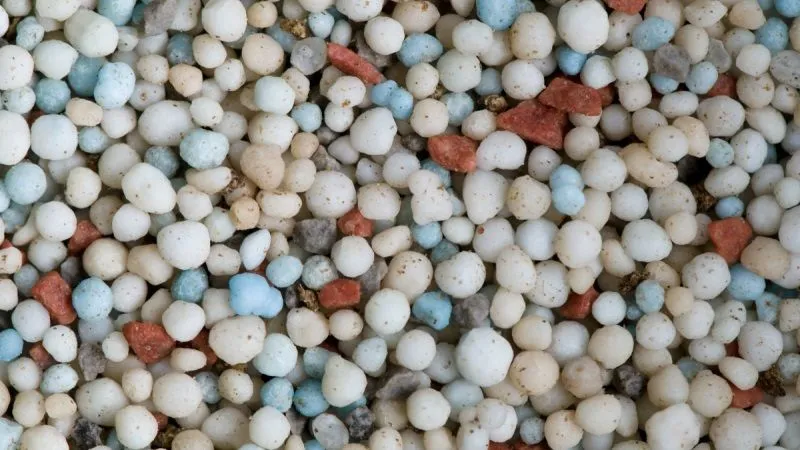
Ukraine - Fertilizer Shortage Threatens Up to 20% Crop Loss
The All-Ukrainian Agrarian Council and the Ukrainian Agrarian Business Association have appealed to the Ministry of Economy, Environment, and Agriculture of Ukraine to urgently allow the import of ammonium nitrate through seaports.




